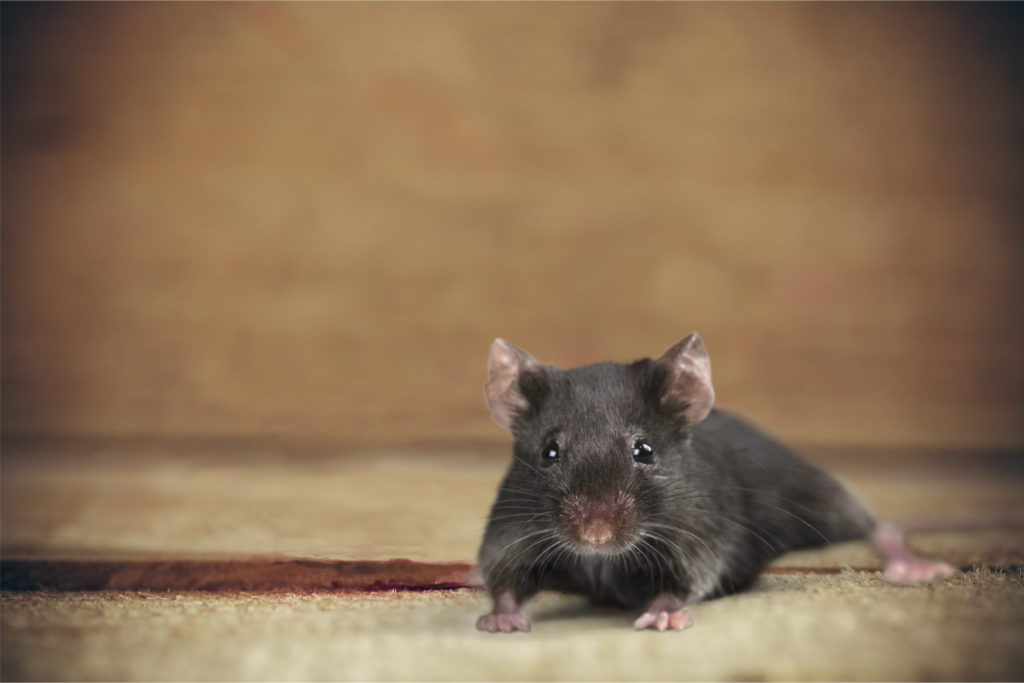Podcast: Play in new window | Download
Subscribe: Apple Podcasts | Spotify | RSS
Wildlife invaders can cause big problems for Georgia homeowners, and cold weather can make the problem even worse. Recently, Georgia experienced an unexpected cold snap that dropped temperatures unexpectedly. This fluctuation can cause a disturbance in the natural behaviors of wildlife that may make them more likely to invade your home.
But why does this happen? Why can irregular temperatures bring wildlife into my home?

Typically, when warm weather returns, wildlife creatures that have spent the winter in burrows will begin to emerge once again. This is usually the beginning of mating seasons, scavenging, and lots of outdoor activity. However, when the weather unexpectedly becomes colder, these creatures may find themselves caught out in temperatures too low for their comfortable function. This can cause them to seek out a warm shelter, and there is no better location than your home or another similar structure.
Your home can be a paradise for wildlife invaders. It is warm, dry, and provides them with plenty of food and water. Further, homes often provide nesting wildlife such as squirrels plenty of materials for nest building. Due to this, once wildlife pests get inside your home, they are typically not very motivated to leave.
Amongst wildlife pests, rodents such as rat and mice are one of the most common invaders during these circumstances. Sudden cold or heavy rain can draw them out of their natural burrows and into your home. Due to their small size, they are easily able to exploit even the smallest structural vulnerabilities to gain access to your home. Some rodents will even chew through siding, loose roof tiles, or other parts of the structure to make an opening when one is not available.
Wildlife can cause a wide variety of problems in your home. Since many are skilled scavengers, they will often target food in your pantry or kitchen cabinets. They may also be attracted to pet food or garbage that contains food scraps. This can create a lot of mess for you and contaminate any food that they come into contact with.
These pests can also create a fire hazard by chewing at wiring or sometimes damage pipes, insulation, or drywall. Further, rodents such as rats and squirrels often carry bacteria and pathogens that they spread in areas of habitation. This can make areas that they occupy filthy and potentially hazardous for humans and pets.
Because of these risks, early detection of wildlife activity in your home is essential. Typically, homeowners may first notice bumps and a “pitter-patter” sound late at night that is caused by the wildlife pests moving throughout the home at night. Typically, these pests will stay hidden inside of walls, beneath floorboards, or in the attic, so you probably won’t see them out in the open. Further, you may notice droppings, fur, or signs of gnawing around areas that the pests frequent.
If you notice any of these signs, your next step should be to call in a licensed pest control provider to inspect and treat your home for wildlife. A wildlife expert can identify and safely eradicate a wildlife problem from your home quickly and effectively. Further, they can provide you with tips on improving your home’s defenses against these pests, safeguarding it against future invasions.
If you are dealing with wildlife pests, Canton Termite and Pest Control is your one-call fix! We have decades of experience dealing with both insect and wildlife pests in homes and commercial buildings. Our talented technicians employ top of the line equipment and industry-leading techniques to ensure a safe, fast fix to pest problems!
So don’t let wildlife pests exploit your home this winter, call us TODAY at 770-479-1598!
By: Tim
